The intervention by Steve Witkoff, Donald Trump’s special envoy to the Middle East, on Monday morning to spare the blushes of Sir Keir Starmer was significant. And it follows a deliberate pattern of engagement between a rightwing White House and a centre left Downing Street throughout this year.
Things were getting out of hand for the UK prime minister over his involvement in the Middle East peace process.
The US ambassador to Israel Mike Huckerbee and the Israeli government had publicly humiliated the British government by pouring scorn on a statement by education secretary Bridget Phillipson claiming the UK had played a significant role in getting a deal.
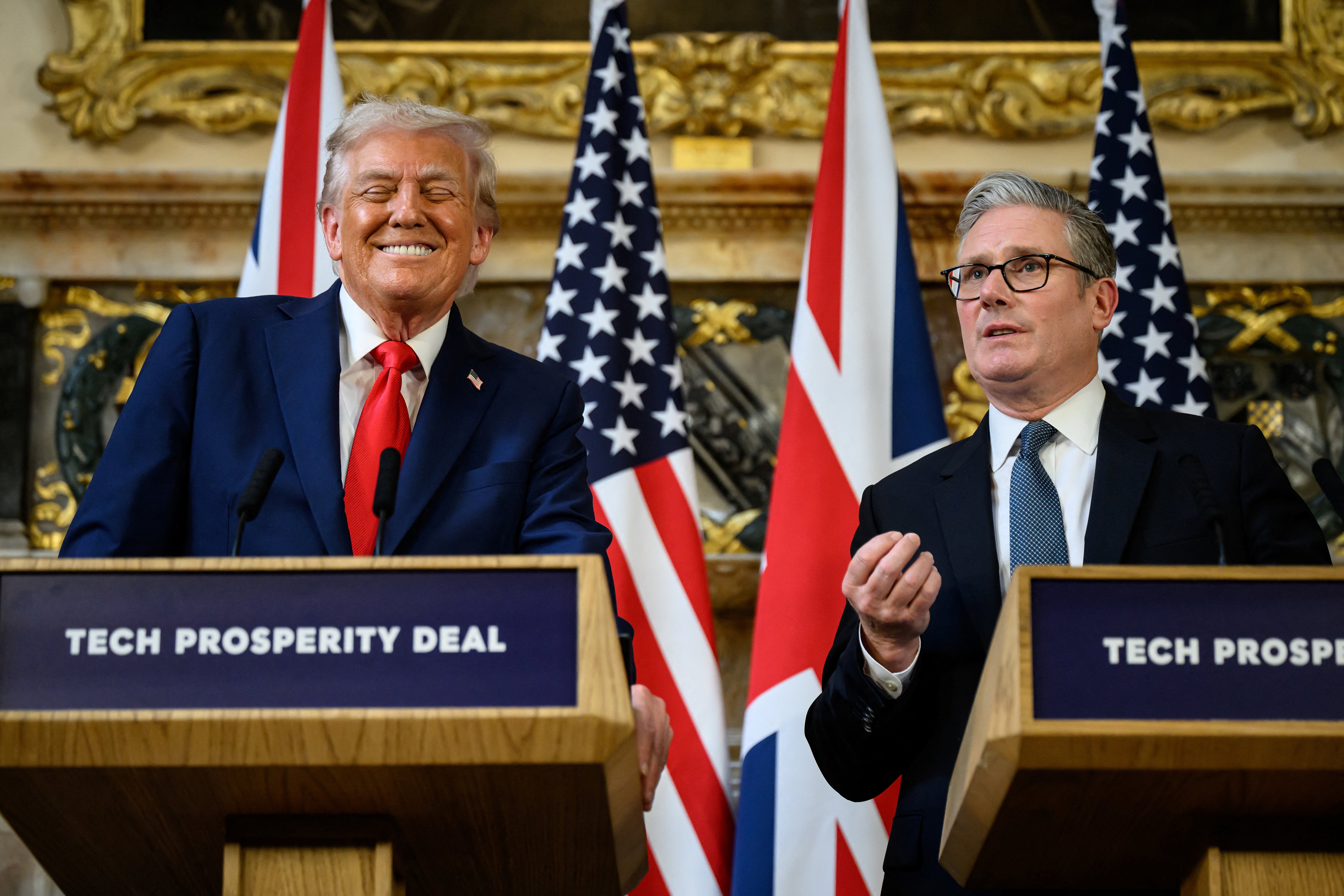
The decision by Sir Keir to recognise a Palestinian state clearly still rankled in both Tel Aviv and among members of the wider Trump administration and they were in no mood to give the UK prime minister any credit at all.
But as Sir Keir faced international embarrassment ahead of flying out to Egypt for the Gaza deal signing, the Trump administration came to his aid.
Witkoff, almost certainly under instruction from the US president, posted on X (formerly Twitter): “I would like to acknowledge the vital role of the United Kingdom in assisting and coordinating efforts that have led us to this historic day in Israel. In particular, I want to recognize the incredible input and tireless efforts of National Security Advisor Jonathan Powell.”
One of the more notable things about this was the political cover it gave to Mr Powell in particular, who is facing demands to be sacked over a row over the collapse of a case against two alleged Chinese spies.
But it was an extraordinary thing to do at a moment when the US president was basking in his own success and busy accepting the laurels of his diplomatic victory. He had been unwilling to share much if any credit at all – so why do this for the UK PM?
This is not the first time by any means that Trump has come to the aid of Starmer. He did so with the flawed Chagos Islands deal; in allowing Lord Mandelson to be the ambassador to the US despite warnings over his China and Jeffrey Epstein links; with giving the UK the first trade deal, and with public pronouncements on what a strong negotiator and good man Sir Keir is.
It could be that President Trump was charmed by Sir Keir’s “beautiful wife” Lady Victoria, who he is always keen to praise.
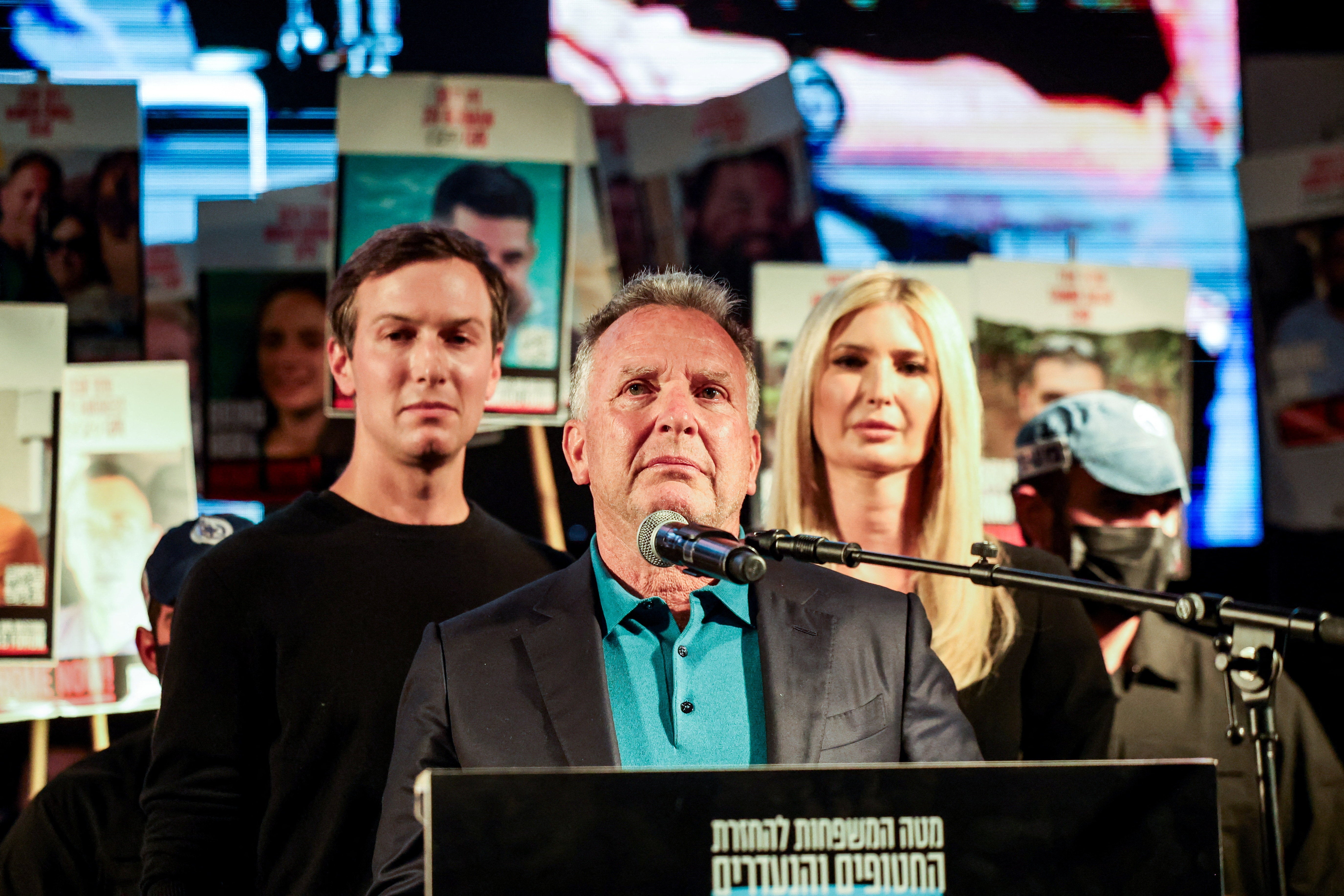
It may be that Trump likes and respects Starmer as an international statesman who has made an effort to reach out to him despite their differences in political philosophy.
With his mother hailing from Scotland, Trump also genuinely loves the UK and does not hide the fact.
But this is the most transactional president in US history. The fact is that the honour of the state visit last month played a big role in Trump wanting to help Starmer out. Now the hope that King Charles will be at the White House in 2026 for the anniversary of the Declaration of Independence is an equally important carrot to tempt the president.
Added to that, sources have suggested that the US administration “cannot allow Britain to fail” because “it needs one ally to succeed to justify the president’s approach to foreign policy.”
They point out Trump has invested in Britain succeeding more than any other ally. France is in trouble economically and politically, Germany is taking more of a backseat and is also struggling to hold up a flagging EU economy.
As one source noted: “Trump needs Britain to stay on its feet.”
Whatever the reasons though, Sir Keir’s biggest success in a troubled premiership has been his foreign policy and the respect he has abroad. That is in no small part because of his excellent relationship with Trump which has made him the link man with other western allies and someone that other leaders have attempted to emulate.

.jpeg)



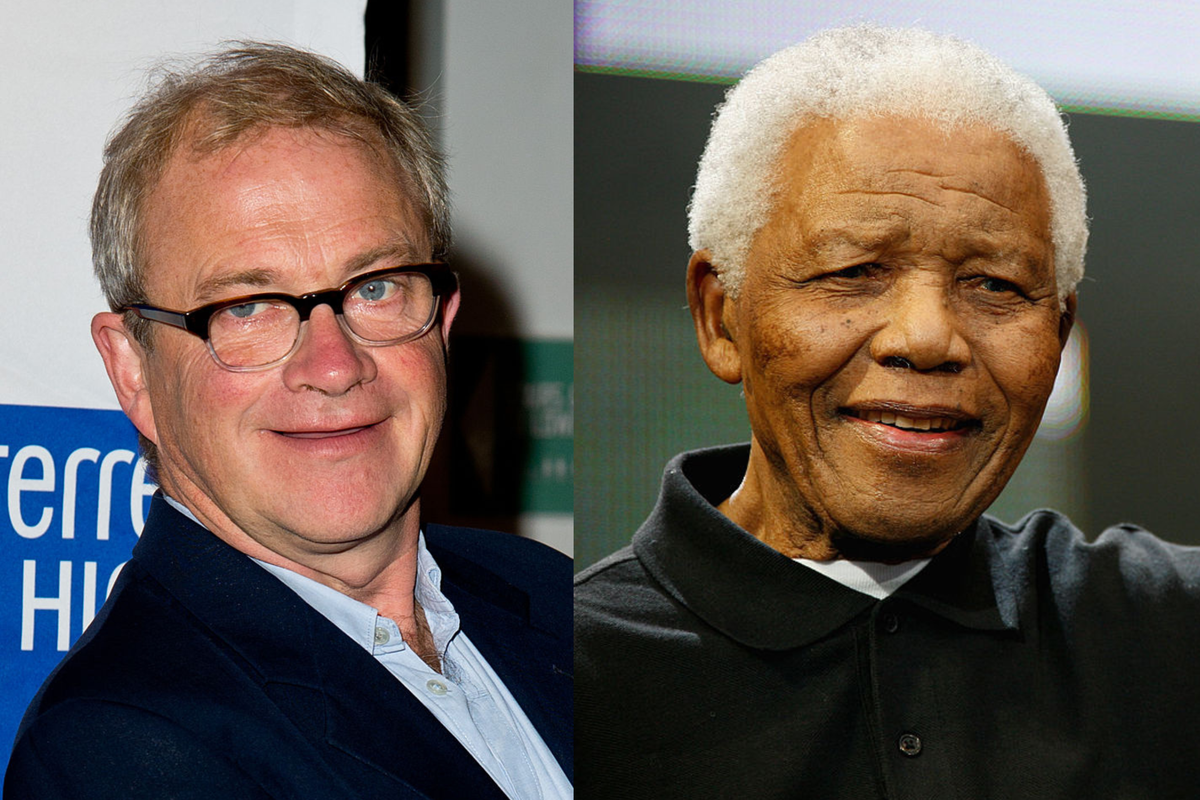

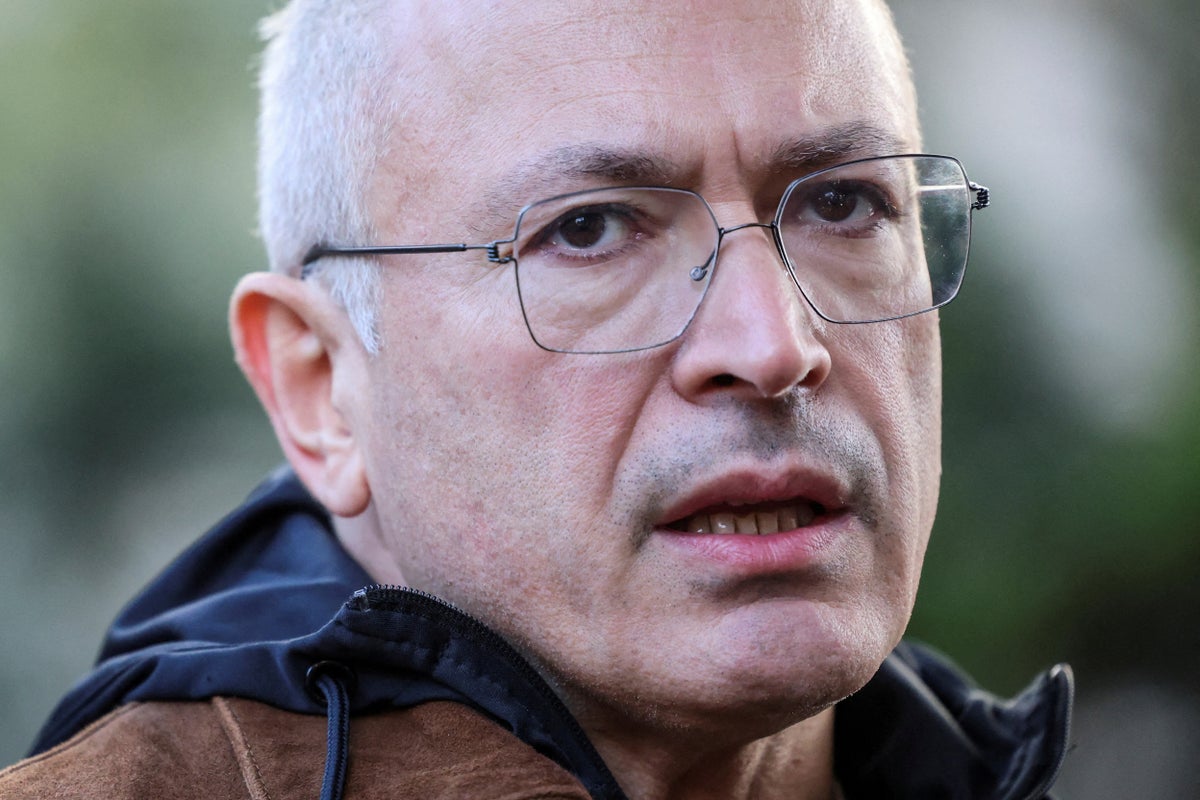

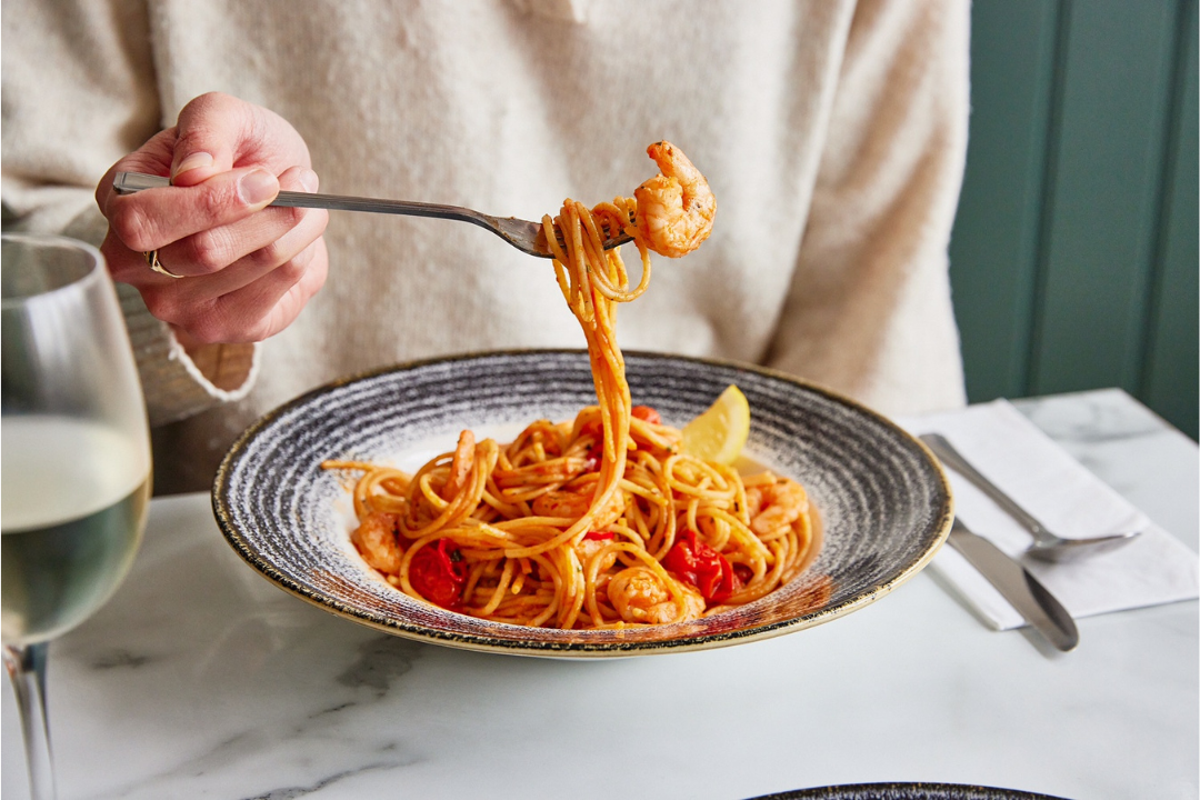



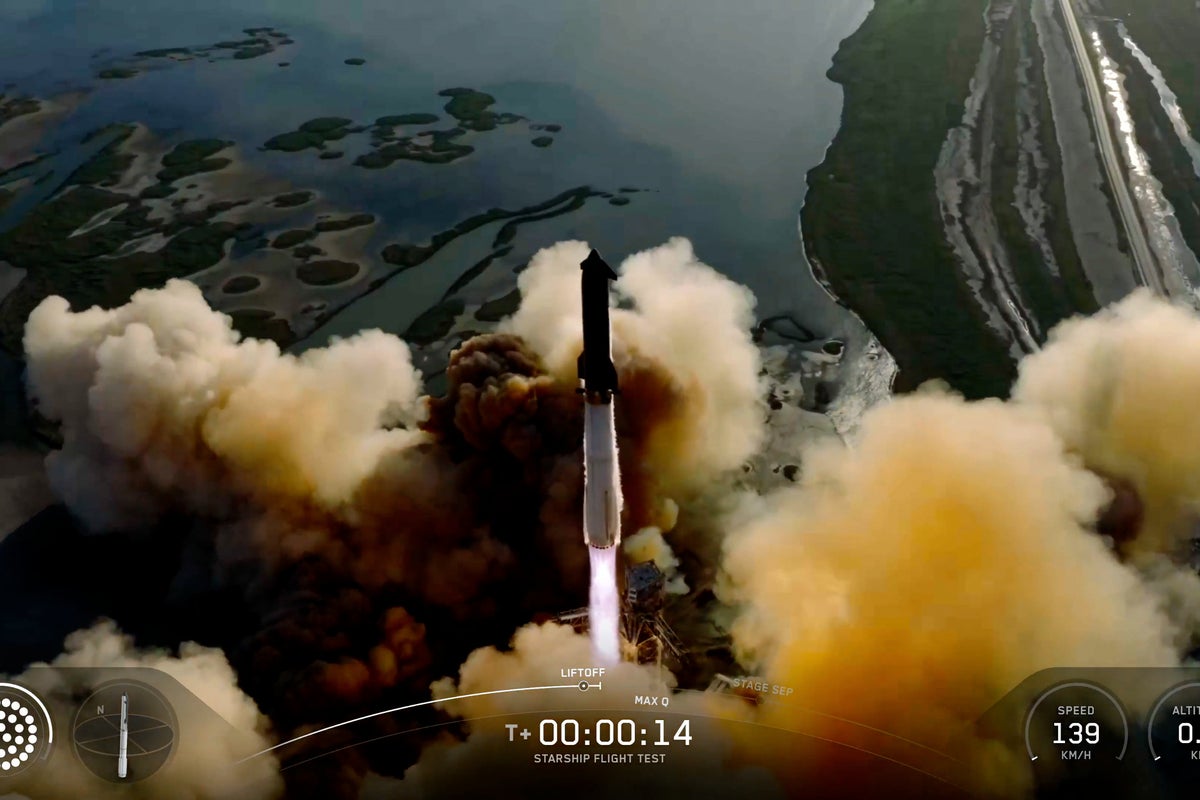





.jpeg)













 English (US) ·
English (US) ·